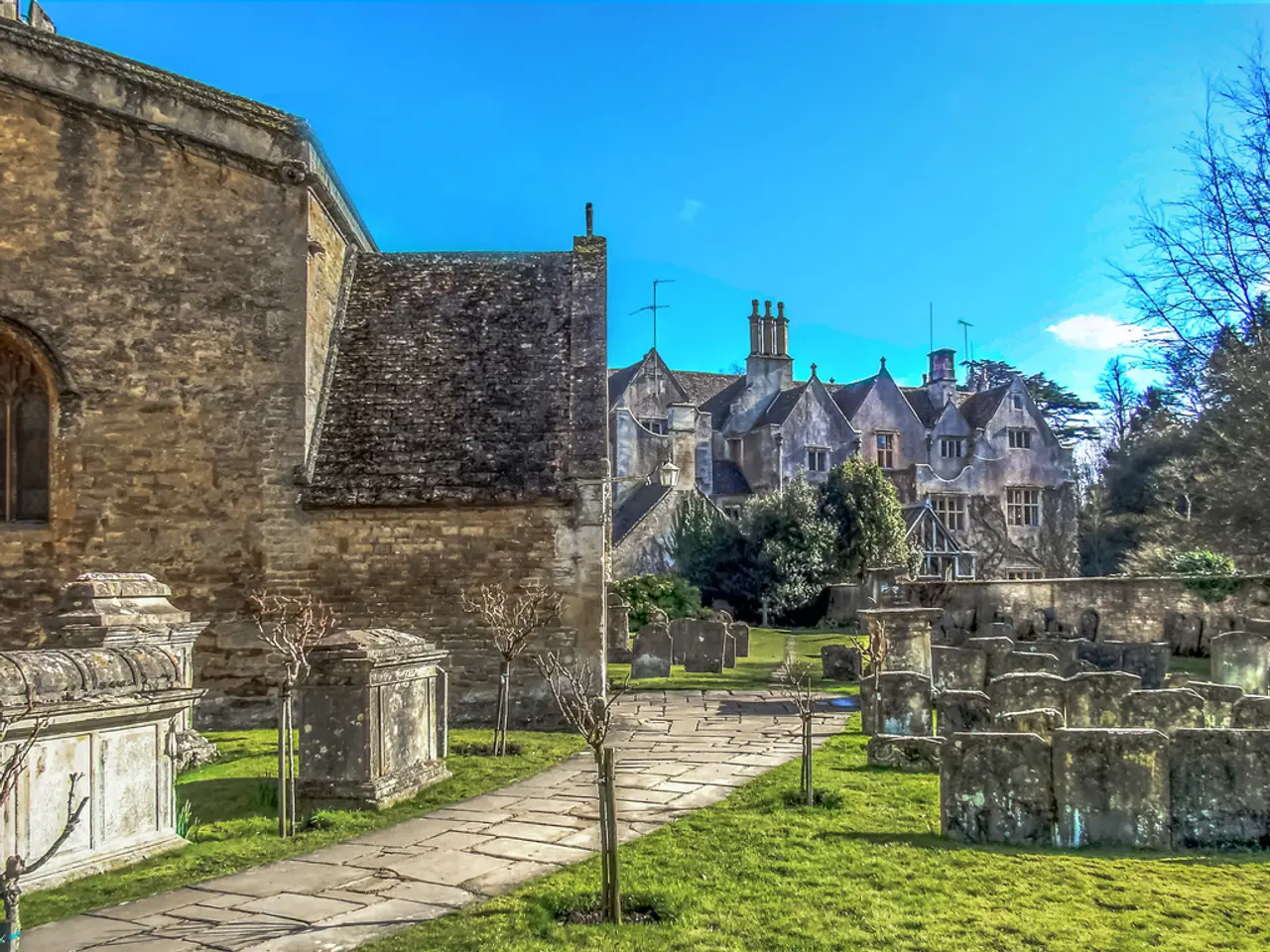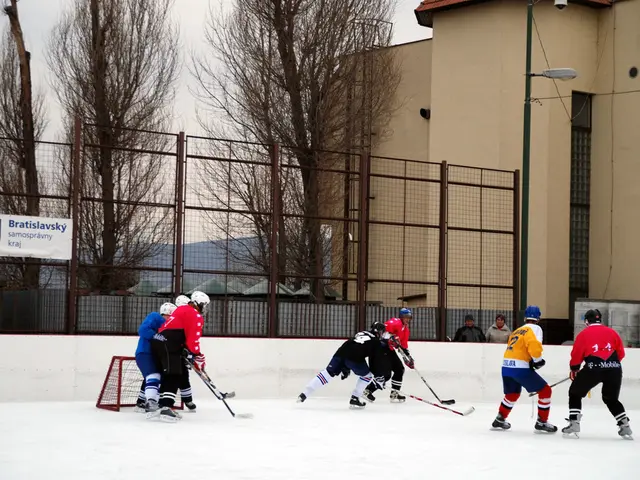Redevelopment initiatives will not involve compulsory displacement, assures Kakha Kaladze.
In a recent press conference, Tbilisi Mayor Kakha Kaladze clarified the city's policy on redevelopment and evictions, addressing concerns about the removal of residents from unsafe buildings and the demolition of unlawfully built structures.
Kaladze emphasised that the city's policy does not extend to cases of removing individuals from illegally occupied private property or demolishing structures unlawfully built on state-owned land. He stated that the city will not forcibly evict people from their own homes which belong to them.
The policy, according to Kaladze, applies specifically to cases of replacing old buildings in Tbilisi. The city faces a dilemma, he said, as accusations of inaction can arise when dangerous buildings collapse and cause fatalities, while accusations of cruelty can follow when forced evictions are enforced to prevent such tragedies.
Evictions during redevelopment projects follow a specific process. Court rulings authorise eviction based on expert inspections confirming dangers to life and property. Enforcement and patrol police are involved to ensure the process, and attempts are made to reach agreements or postpone evictions to protect residents’ interests. Offers are made by the state and other entities to relocate or compensate displaced persons, although not all evicted families have adequate alternatives immediately available.
Kaladze's position frames the evictions as a necessary safeguard to prevent loss of life under unsafe housing conditions. He highlighted the tension between upholding human rights and protecting residents from hazardous living environments.
The mayor also clarified that recent public discussions may have included misleading comparisons regarding the city's policy on redevelopment and evictions in Tbilisi. He reiterated that the city's policy on redevelopment and evictions in Tbilisi is not subject to change.
Property rights in Tbilisi are determined by law, and the city's policy prohibits demolishing living spaces without property owners' consent. The city's stance on evictions is bound by law, and the mayor emphasised the importance of maintaining the rule of law in Tbilisi's redevelopment initiatives.
The policy is likely to affect property owners and residents in Tbilisi, and Kaladze's statements indicate that the city's policy on redevelopment and evictions in Tbilisi applies specifically to cases of replacing old buildings in the city.
- The city's policy on redevelopment and evictions, as clarified by Mayor Kakha Kaladze, encompasses specific cases of replacing old buildings in Tbilisi, and does not involve removing individuals from illegally occupied private property or demolishing structures unlawfully built on state-owned land.
- Politics, policy-and-legislation, and general-news are intertwined in discussions about Tbilisi's redevelopment and eviction policy, as Kaladze emphasized the necessity of upholding human rights while protecting residents from hazardous living environments, and clarified that the city's policy on this matter is not subject to change.








